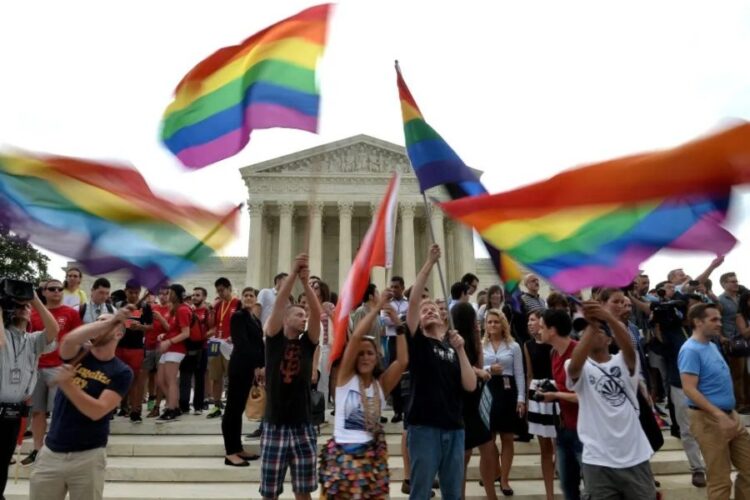In a move that has ignited controversy and debate, Tennessee Governor Bill Lee recently signed into law a bill that expands the ability of public officials to refuse to officiate at marriage ceremonies.
This legislation, which has stirred significant unrest among civil rights advocates and the general public, marks a significant development in the state’s legal landscape.
The law initially appeared to reaffirm ministers’ longstanding right to decline to perform marriages based on religious beliefs.
However, a closer examination reveals a broader scope that allows public officials, not just religious leaders, to opt out of solemnizing marriages.
This provision has triggered a wave of criticism, seemingly granting state officials the power to discriminate based on personal or religious convictions.
Critics argue that the law contradicts fundamental principles enshrined in the U.S. Constitution, particularly the Equal Protection Clause.
This clause, integral to the Fourteenth Amendment, mandates that no state shall deny to any person within its jurisdiction the equal protection of the laws.
By enabling public officials to refuse to perform certain marriages, the law potentially facilitates a form of discrimination that could affect numerous Tennessee residents, especially those in the LGBTQ+ community.
Historically, the Supreme Court has consistently ruled in favor of equal rights under the law, as seen in landmark cases such as Brown v. Board of Education and Obergefell v. Hodges.
In Brown, the Court invalidated state laws establishing separate public schools for black and white students.
Later, Obergefell extended the right to marry to same-sex couples nationwide, underscoring that marriage is a fundamental right protected by both the Due Process and the Equal Protection Clauses of the Fourteenth Amendment.
The introduction of Tennessee’s new law thus poses a legal paradox: it conflicts with the Supreme Court’s clear stance on non-discrimination and equal treatment.
Legal experts contend that public officials, who are state agents, should not have the option to choose whom they serve based on personal biases.
Such a selective approach to public service undermines the very essence of equal protection and non-discrimination guarantees provided by the Constitution.
Supporters of the law argue that it protects the freedom of association and religious liberty, allowing individuals to act according to their moral and religious beliefs.
However, this perspective is contentious because public officials, by their roles, commit to serving all members of the public impartially.
When these officials take an oath of office, they pledge to uphold the Constitution and serve their community without prejudice.
Legal analysts predict that the law’s vague language—purposefully omitting specific reasons such as sexual orientation for refusal—will lead to legal challenges.
The courts are anticipated to need to address whether the law’s provisions unjustly target specific groups, thereby violating constitutional protections.
The implications of this law are far-reaching, affecting not only the individuals denied marriage services but also the broader societal norms concerning civil rights and equal treatment.
Like all states, Tennessee is bound by federal law and Supreme Court rulings. The introduction of legislation that could be seen as regressive and discriminatory revives settled issues and risks deepening divisions within the state.
As the law comes into effect, its real-world impact will become more apparent. Legal challenges are expected, and the courts will play a crucial role in determining the law’s compatibility with constitutional principles.
For now, Tennessee is at the heart of a heated debate that touches on the core values of equality and justice in America.
The situation in Tennessee reminds us of the ongoing struggle for civil rights in the United States. This struggle involves balancing individual liberties with the collective rights of the community.
As this law is scrutinized and possibly contested in court, it will serve as a critical test of the strength and resilience of constitutional protections in the face of evolving social and political landscapes.










